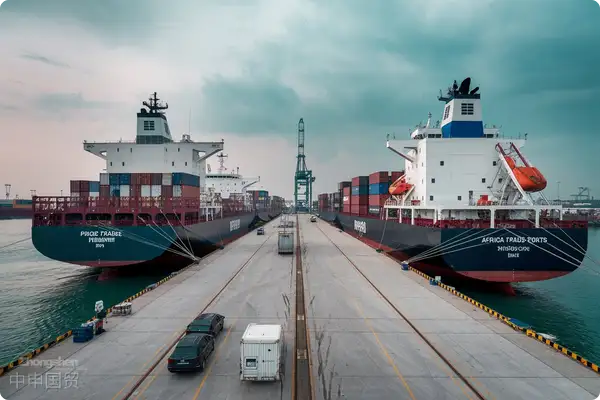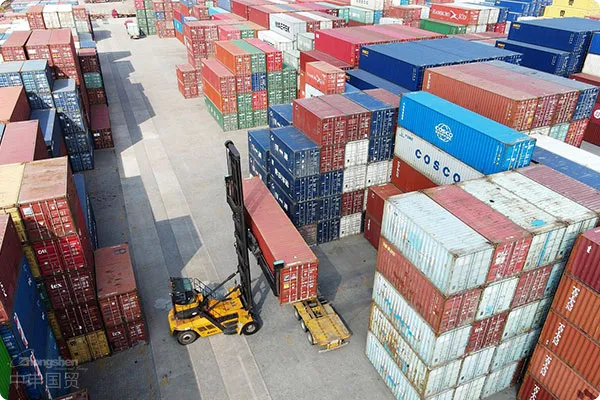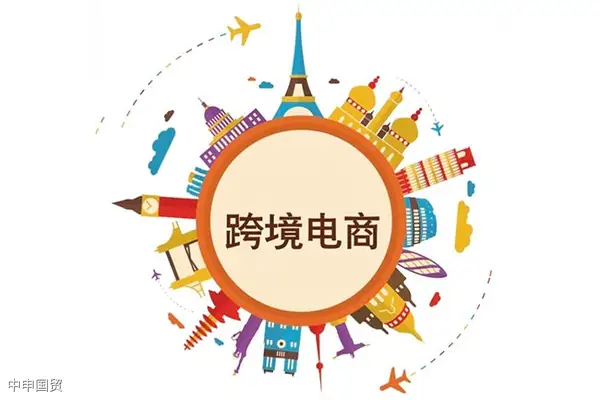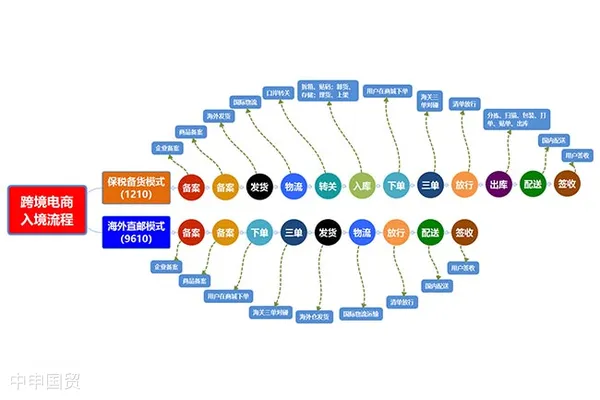- Shanghai Zhongshen International Trade Co., Ltd. - Two decades of trade agency expertise.
- Service Hotline: 139 1787 2118

Cross-border E-commerceandExport Representation: Secrets of Efficient Collaboration Revealed
In the globalized business environment, the rapid development of cross - border e - commerce has brought unprecedented opportunities to small and medium - sized enterprises. However, facing complex international trade rules and logistics challenges, many enterprises choose to cooperate with professional export agents to ensure the smooth progress of their businesses. This article will share practical tips on how cross - border e - commerce can collaborate efficiently with export agents, helping you optimizeforeign tradethe process and improve business efficiency.
Clarify Cooperation Goals and Expectations
Before starting the cooperation, cross - border e - commerce enterprises should clarify cooperation goals and expectations with export agents. This includes understanding key information such as the agents service scope, charging standards, and response time. Through clear communication, both parties can build mutual trust and ensure smooth cooperation.
Establish an Efficient Communication Mechanism
Efficient communication is the foundation of successful cooperation. Cross - border e - commerce enterprises should establish a regular communication mechanism with export agents, such as weekly regular meetings or monthly reports, to keep informed of business progress and solve potential problems in a timely manner. Using modern communication tools, such as e - mail, instant messaging software, and project management platforms, can greatly improve communication efficiency.
Share Information and Resources
Cross - border e - commerce enterprises should share necessary information and resources with export agents, including product information, market analysis, customer feedback, etc. This not only helps agents better understand business needs but also promotes both parties to jointly develop more effective market strategies.
Optimize Logistics and Supply Chain Management
Logistics and supply chain management are the keys to the success of cross - border e - commerce. Export agents usually have rich logistics resources and professional knowledge, which can help enterprises optimize transportation routes, reduce logistics costs, and improve distribution efficiency. Both parties should cooperate closely to ensure that every link of the supply chain operates efficiently.
Comply with International Trade Regulations
Complying with international trade regulations is the common responsibility of cross - border e - commerce and export agents. Export agents should provide professional compliance consulting services to help enterprises understand and comply with the laws and regulations of the target market, avoiding potential legal risks.
Continuously Optimize and Provide Feedback
During the cooperation process, cross - border e - commerce enterprises should maintain continuous optimization and feedback with export agents. By regularly evaluating the cooperation effect, both parties can adjust strategies in a timely manner and improve business performance. At the same time, positive feedback helps agents continuously improve services to meet the ever - changing needs of enterprises.
In conclusion, the efficient collaboration between cross - border e - commerce and export agents requires the joint efforts of both parties. By clarifying goals, establishing a communication mechanism, sharing information, optimizing logistics, complying with regulations, and continuously optimizing, steady business growth and long - term success can be achieved.
Related Recommendations
? 2025. All Rights Reserved. Shanghai ICP No. 2023007705-2  PSB Record: Shanghai No.31011502009912
PSB Record: Shanghai No.31011502009912









